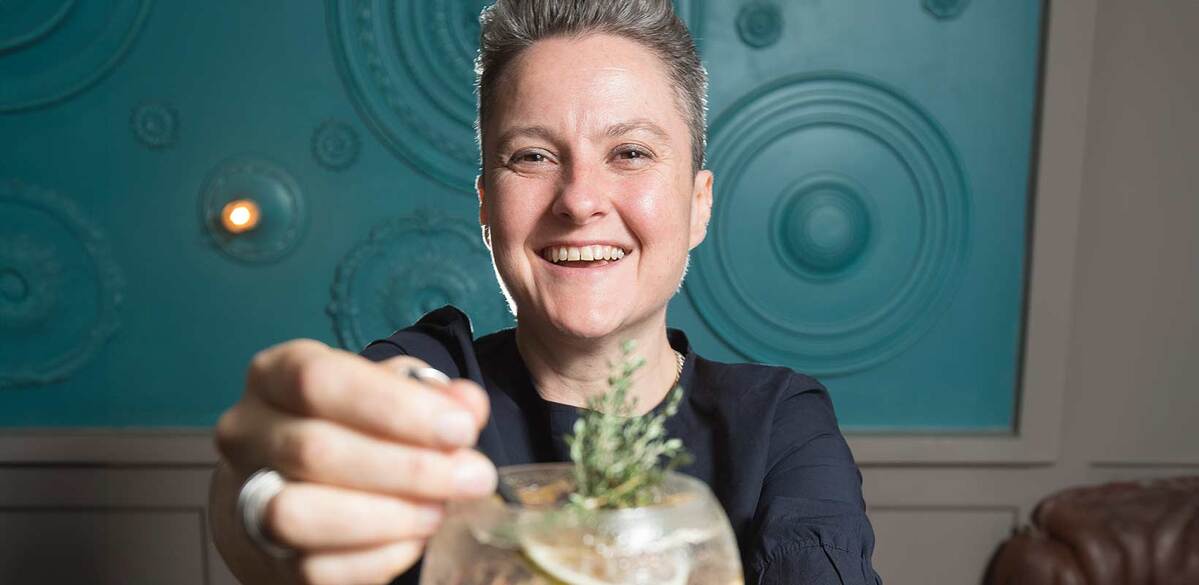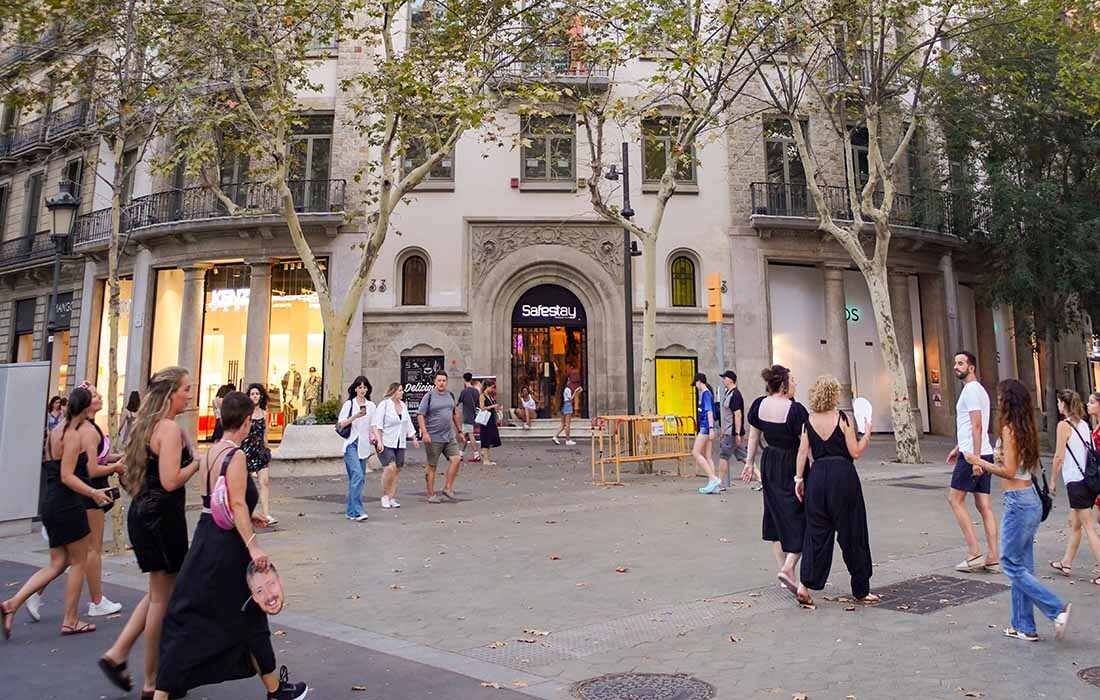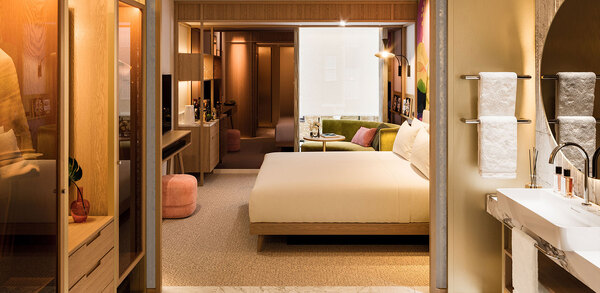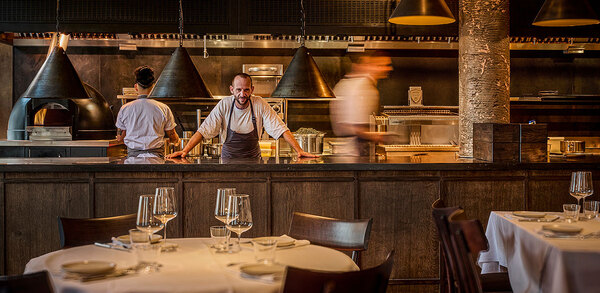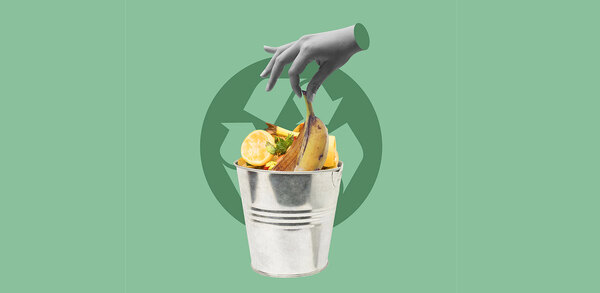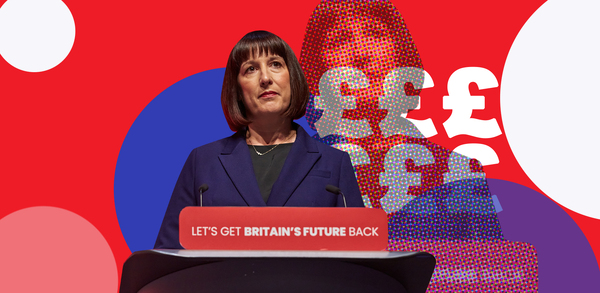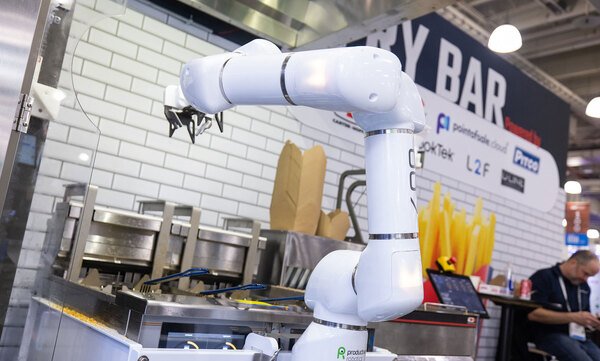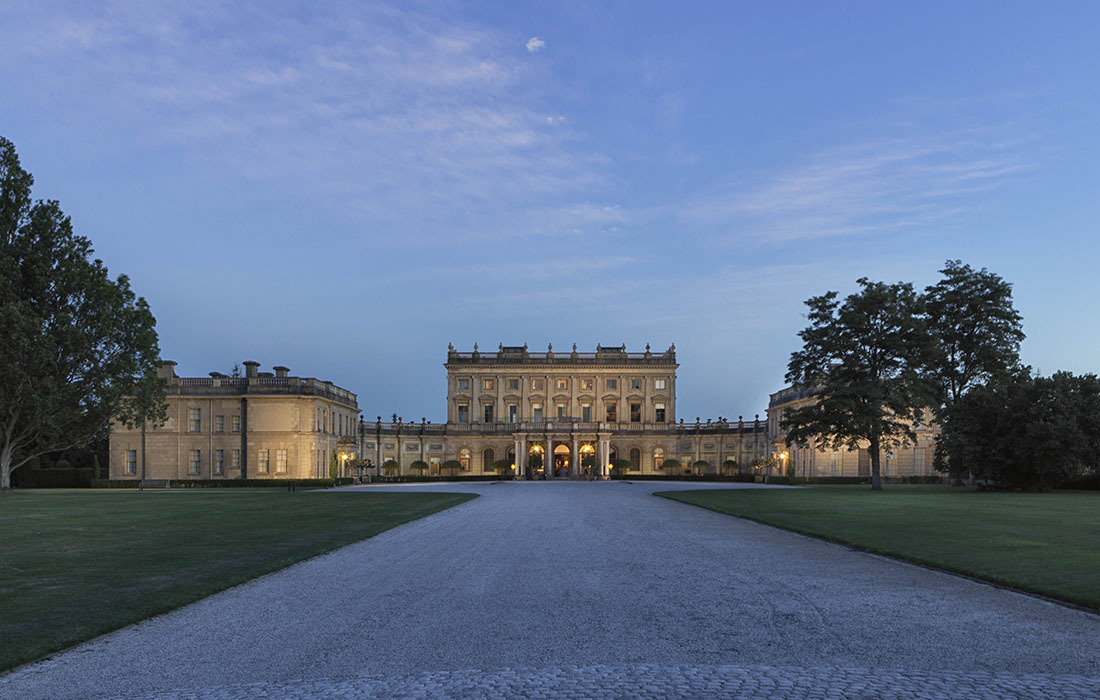Planning a party? Don’t forget the low and no
Wholesalers and caterers need to pay more attention to their non-alcoholic selection to keep up with demand at events, says Laura Willoughby
In an industry where inclusivity and customer satisfaction drive success, offering a range of alcohol-free drinks at events is no longer optional – it’s essential. The demand for low- and no-alcohol drinks is soaring, yet many catering companies and wholesalers lag in their offerings. The result? Missed opportunities to please guests, generate buzz and set a new standard for hospitality.
According to Club Soda’s survey findings (launched a few weeks ago in partnership with Everleaf and Desert Island Events), one in four event attendees don’t drink alcohol at all, and over 25% stick to just one or two drinks. It’s clear that traditional drinks menus are failing to meet the moment.
Event organisers are noticing – 61% have reported growing demand for non-alcoholic options, and 50% considered them essential for diversity and inclusion policies. Yet, many events still treat alcohol-free drinks as an afterthought or additional spend, rather than seeing them as part of the overall drinks budget.
Providing alcohol-free options isn’t just about meeting demand; it’s smart business. Corporate party budgets for alcoholic drinks have decreased by 5%, while guest expectations for high-quality non-alcoholic alternatives have risen.
We do know that this shift is not always easy for event organisers and the venues they use to execute. Despite growing consumer interest, wholesalers remain a major barrier to change. A review of major wholesalers revealed that alcohol-free options account for just 1%-6% of total listings in key categories like wine and spirits. This lack of choice stifles innovation and leaves venues and caterers unable to meet guest expectations.
Wholesalers tend to favour large, established brands, leaving smaller producers – often the most innovative – struggling to gain a foothold. For example, only three of the UK’s top 50 wine merchants list alcohol-free wines or wine alternatives (like sparkling tea). Without a robust wholesale infrastructure to support this category, caterers are left with limited options.
To truly embrace this opportunity, wholesalers need to make alcohol-free options more accessible by organising clearly labelled sections in their catalogues and online platforms, along with tools that allow filtering by ABV or product type. They must also collaborate with small producers by offering flexible listing agreements and sale-or-return options, which reduce the financial burden on innovative but resource-constrained brands.
Wholesalers should also invest in educating their sales teams about the alcohol-free category to better promote these products to venues and caterers, while also fostering a category identity that emphasises the high quality and innovation available in alcohol-free.
Catering companies should also transform their approach to alcohol-free drinks. Rather than treating these options as optional extras, caterers should ensure they are part of standard event packages. Alcohol-free drinks should be presented with the same care and creativity as their alcoholic counterparts, avoiding the stigma often associated with ‘dry’ options. Caterers can also work directly with alcohol-free producers to create unique offerings that enhance the guest experience, such as tastings or exclusive event menus.
Ignoring the demand for alcohol-free options is no longer an option for forward-thinking caterers. Offering lower strength, occasion-suitable drinks is a chance to lead the industry in inclusivity, satisfy evolving consumer preferences and differentiate your services from competitors.
Laura Willoughby is the founder of Club Soda
Do you have a question for one of the Drinks Doctors? Send your query to drinks@thecaterer.com



